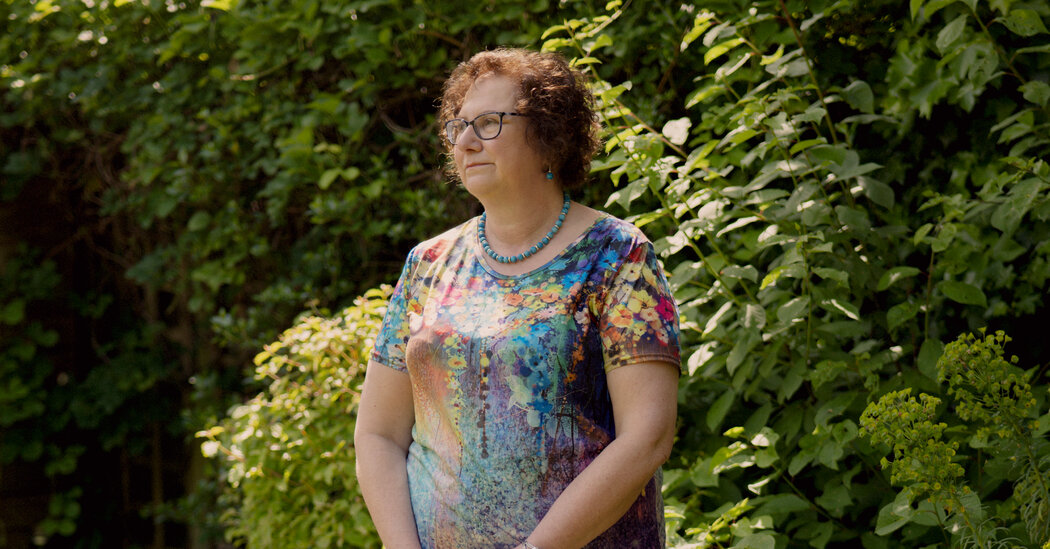Dr. Hilary Cass published a landmark report that led to restrictions on youth gender care in Britain. U.S. health groups said it did not change their support of the care.
After 30 years as one of England’s top pediatricians, Dr. Hilary Cass was hoping to begin her retirement by learning to play the saxophone.
Instead, she took on a project that would throw her into an international fire: reviewing England’s treatment guidelines for the rapidly rising number of children with gender distress, known as dysphoria.
At the time, in 2020, England’s sole youth gender clinic was in disarray. The waiting list had swelled, leaving many young patients waiting years for an appointment. Staff members who said they felt pressure to approve children for puberty-blocking drugs had filed whistle-blower complaints that had spilled into public view. And a former patient had sued the clinic, claiming that she had transitioned as a teenager “after a series of superficial conversations with social workers.”
The National Health Service asked Dr. Cass, who had never treated children with gender dysphoria but had served as the president of the Royal College of Pediatrics and Child Health, to independently evaluate how the agency should proceed.
Over the next four years, Dr. Cass commissioned systematic reviews of scientific studies on youth gender treatments and international guidelines of care. She also met with young patients and their families, transgender adults, people who had detransitioned, advocacy groups and clinicians.
Her final report, published last month, concluded that the evidence supporting the use of puberty-blocking drugs and other hormonal medications in adolescents was “remarkably weak.” On her recommendation, the N.H.S. will no longer prescribe puberty blockers outside of clinical trials. Dr. Cass also recommended that testosterone and estrogen, which allow young people to develop the physical characteristics of the opposite sex, be prescribed with “extreme caution.”
